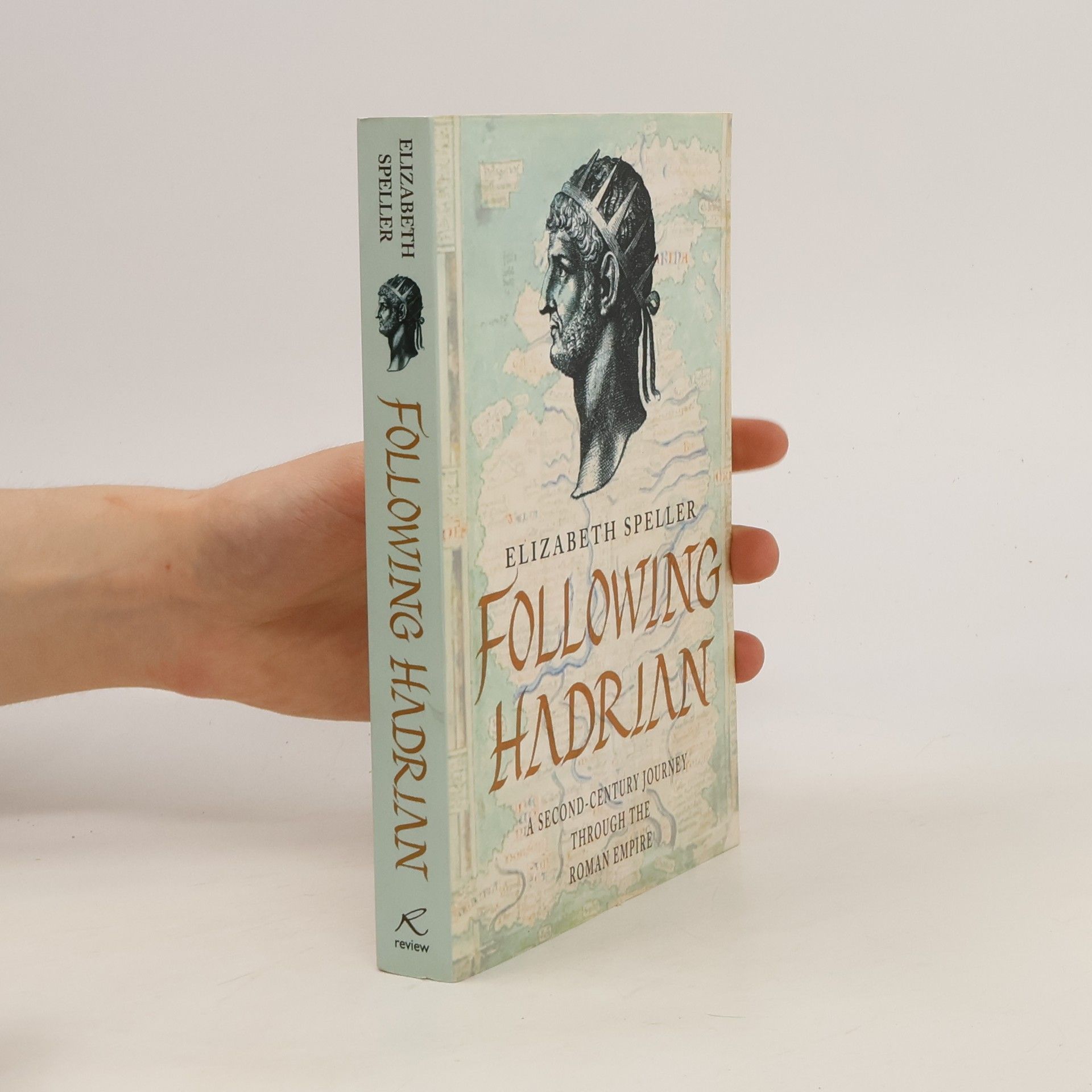The Return of Captain John Emmett
- 442 stránok
- 16 hodin čítania
London, 1920. In the aftermath of the Great War and a devastating family tragedy, Laurence Bartram has turned his back on the world. But with a well-timed letter, an old flame manages to draw him back in. Mary Emmett’s brother John—like Laurence, an officer during the war—has apparently killed himself while in the care of a remote veterans’ hospital, and Mary needs to know why. Aided by his friend Charles—a dauntless gentleman with detective skills cadged from mystery novels—Laurence begins asking difficult questions. What connects a group of war poets, a bitter feud within Emmett’s regiment, and a hidden love affair? Was Emmett’s death really a suicide, or the missing piece in a puzzling series of murders? As veterans tied to Emmett continue to turn up dead, and Laurence is forced to face the darkest corners of his own war experiences, his own survival may depend on uncovering the truth. At once a compelling mystery and an elegant literary debut, The Return of Captain John Emmett blends the psychological depth of Pat Barker’s Regeneration trilogy with lively storytelling from the golden age of British crime fiction.





